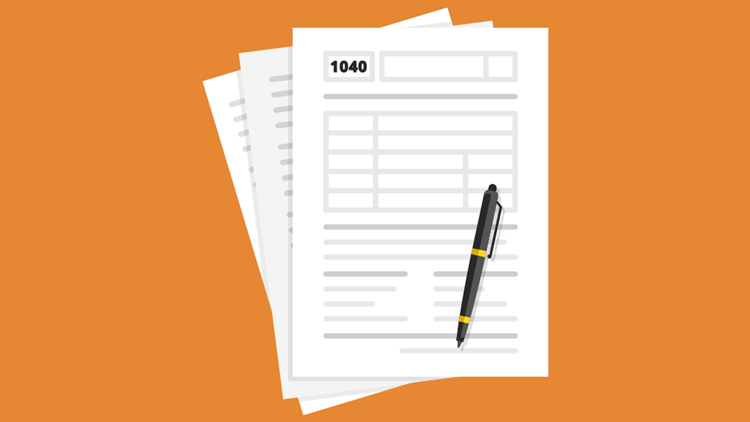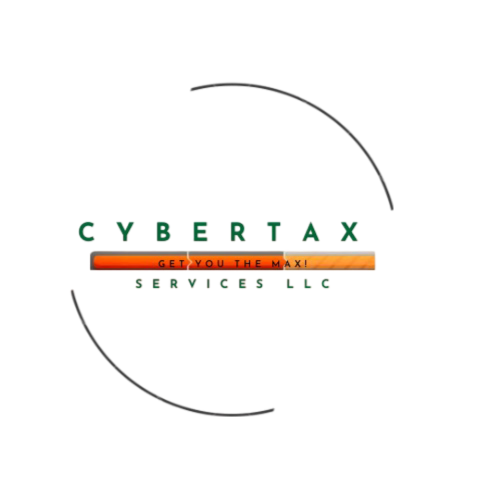
As the economy warms up in recovery mode, inflation starts to raise its ugly head. Everything—from baby food to new cars—costs more.
To keep up, the Internal Revenue Service has to update its tax processes and forms to adjust for inflation. So, the IRS has released the newest inflation adjustments for the 2022 tax year. They’ll generally apply to returns filed in 2023.
The full list is laid out in Revenue Procedure 2021-45.
What are the major changes?
The standard deduction generally leads the list of tax items of interest to taxpayers. Because of the adjustment for inflation, married couples filing jointly will see their standard deduction rise $800 to $25,900 for tax year 2022.
Singles and married taxpayers filing separately will see their standard deduction go up $400 to $12,950.
Heads of household also get a higher standard deduction; theirs rises by $600 to $19,400.
Not everything increases, though. The personal exemption stays at zero for tax year 2022, just like the prior year. The personal exemption was eliminated by the Tax Cuts and Jobs Act, signed into law in late 2017.
What are the marginal rates?
There’s no change in the top tax rate for tax year 2022; that remains at 37% for single taxpayers with income greater than $539,900 or for married taxpayers filing jointly with incomes above $647,850.
Other rates include:
- 35%, for incomes over $215,950 ($431,900 for married couples filing jointly);
- 32% for incomes over $170,050 ($340,100 for married couples filing jointly);
- 24% for incomes over $89,075 ($178,150 for married couples filing jointly);
- 22% for incomes over $41,775 ($83,550 for married couples filing jointly);
- 12% for incomes over $10,275 ($20,550 for married couples filing jointly).
- The lowest rate is 10% for incomes of single individuals with incomes of $10,275 or less ($20,550 for married couples filing jointly).
There’s no limit on itemized deductions in 2022, like the previous four tax years. The limitation was wiped out by the Tax Cuts and Jobs Act.
The Alternative Minimum Tax exemption for 2022 got a boost; the exemption amount goes up to $75,900 from 2021’s $73,600. Phase-out ranges were also increased.
Other various rate increases include:
Earned Income Tax Credit – The maximum EITC amount is marginally higher, rising from $6,728 to $6,935 for qualifying taxpayers with three or more children in tax year 2022. Revenue Procedure 2021-45 has details on other maximum levels, income thresholds and phase-outs.
Transportation Fringe Benefit – In 2022, the monthly limit for the qualified transportation fringe benefit and the limitation for qualified parking goes up to $280.
Foreign Income Exclusion – The exclusion for foreign earned income increases to $112,000 for tax year 2022. The 2021 exclusion was $108,700.
Gifts – For 2022, the exclusion for gifts is raised to an annual maximum of $16,000, an increase of $1,000 from the prior tax year.
Adoptions – The maximum credit for adoptions in tax year 2022 is increased to $14,890, up from $14,440 in 2021.
For more information on these and other rates, maximums and health account limits, see Revenue Procedure 2021-45.
Source: IR-2021-219




0 Comments